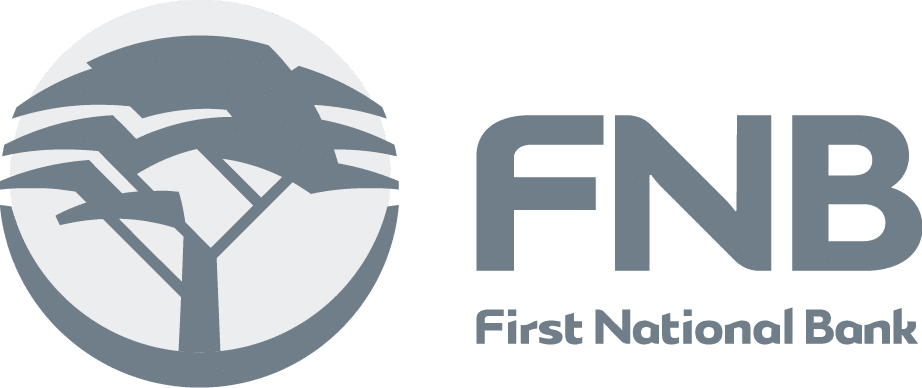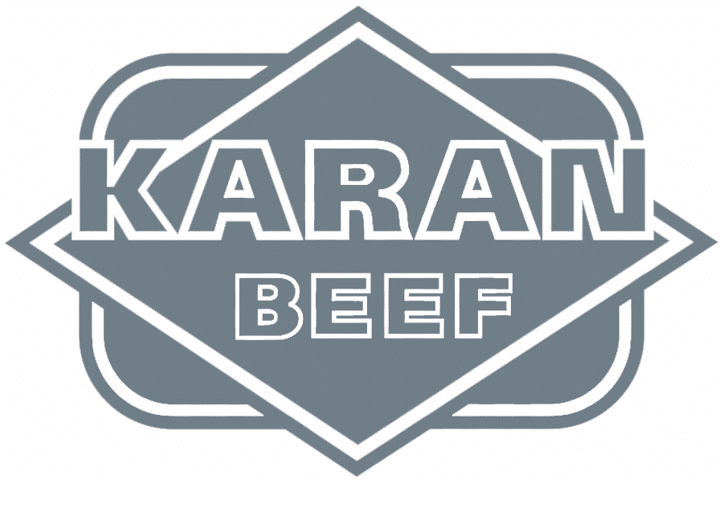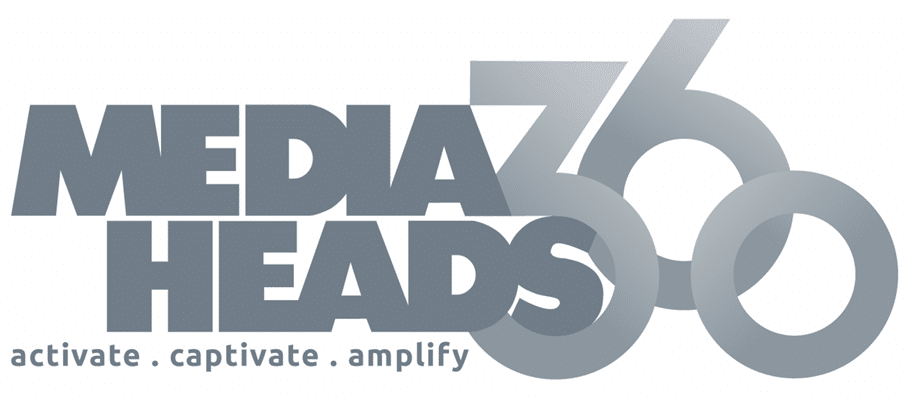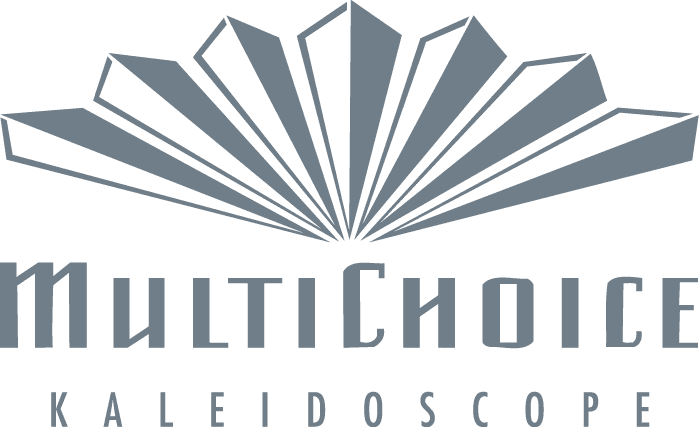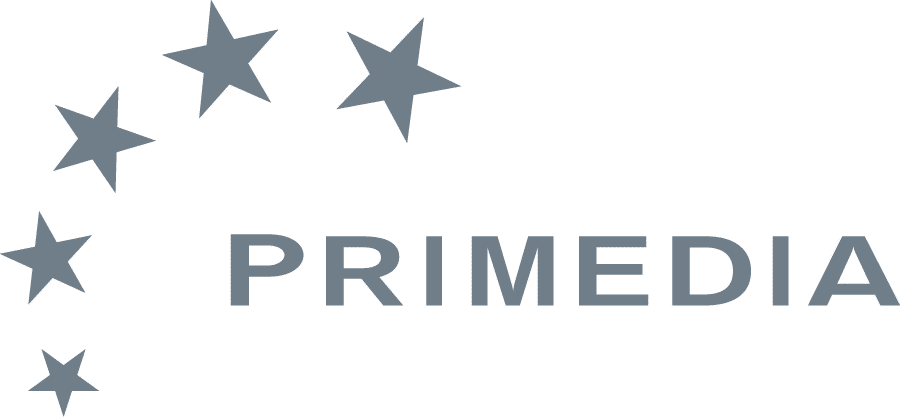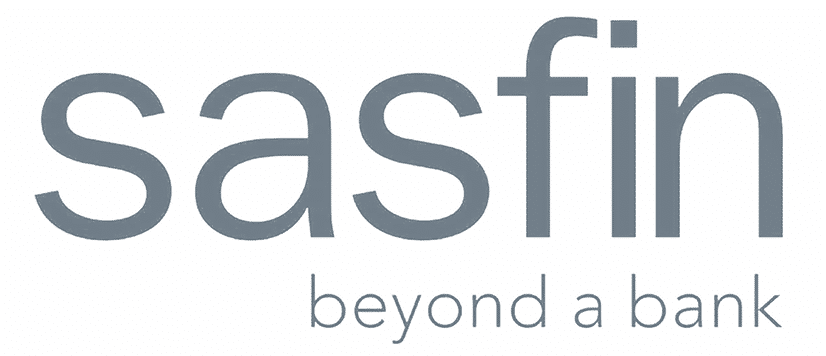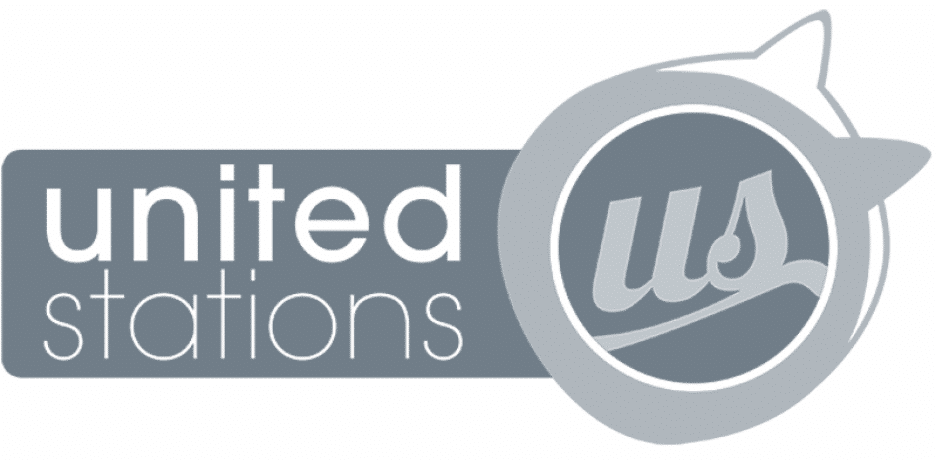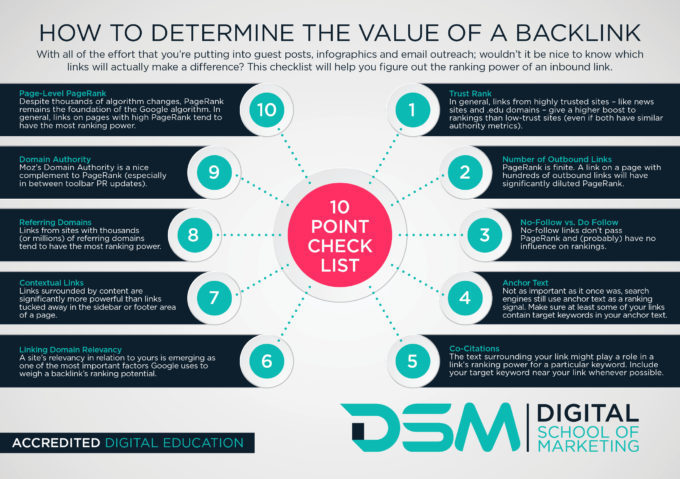
A ‘backlink’ is a link that one website gets from another website. These are also called “inbound links” or “incoming links”. These types of links make a huge impact on a website’s visibility in search engine results. Thus they are considered to be very useful for enhancing a website’s SEO ranking.
Search engines evaluate website rankings by using multiple factors in order to display search results. No one is certain of how much importance search engines assign to backlinks when they list results. However, what we do know is that backlinks are very significant as these represent a “vote of confidence” from one site to another.
Best Practices for Backlinks
Backlinks should be natural. What this means is that a website must not make use of artificial ways in order to create backlinks for their own websites. The quality of links is far more important than the quantity of them.
A natural link is one that happens organically. This is not clearly seen as being arranged by your company.
Natural links:
- Don’t have tracking parameters attached to them
- Are not within sponsored or paid content
- Don’t redirect through JavaScripts or any sort of monetisation tools.
A natural link is a reference to a piece of content, website or source.
On the other hand, an unnatural link is paid for. In addition, it can be placed and tracked by PR firms and media buyers. These links can also be monetised through affiliate programmes, CPC campaigns, influencers or monetisation scripts.
If unnatural links are ‘do follow’ links they can potentially lead to Google taking a manual action on your site. Alternatively, you could get hit by Penguin as these are not earned/natural.
How to Get Backlinks to Your Site
Establishing a solid number of backlinks is a bit more difficult than paying a few other site owners to link back to one of your pages. This practice is also a black hat SEO technique which will get your site penalised. However, by following these strategies, it’s completely possible to put together a backlink profile which will assist you with improving your rankings and having a lasting, positive impact on your visibility in the Search Engine Results Page (SERPs).
Guest posting
The practice of “guest posting” is deals with contributing free content to another website or blog in exchange for a backlink to your own site. These links can either be put in the author bio section or used to cite information within the body of the post.
Public relations
In the context of link building, public relations (PR) refers to the practice of making use of the same ways to get backlinks which you may use in order to get press. One of the greatest ways to do this is to get quoted as a source in a news article or other online content.
Broken link building
The strategy of broken link building involves:
- Finding broken links on other websites,
- Identifying the content they originally referred to, and
- Then giving the site the opportunity to replace their broken link with a working link to content that is relevant which is on your site.
Study a SEO and Web Analytics Course through the Digital School of Marketing
Get in touch with the Digital School of Marketing
Want to become an SEO and Web Analytics whizz kid? You can do this with the Digital School of Marketing’s SEO and Web Analytics Course. For more information about this and our other online digital marketing courses, please follow this link.
Blog Categories
You might also like
- You Can Convey a Lot Of Meaning With Just One Graphic
- Why Your Sales Planning Needs To Be Nimble?
- Why Your Mobile Marketing Has To Go Global? Learn more.
- Why Your Business Should Consider Marketing On LinkedIn?
- Why Your Business Needs Digital Marketing. Read this article.
- Why You Should Complete A Social Media Marketing Course?




